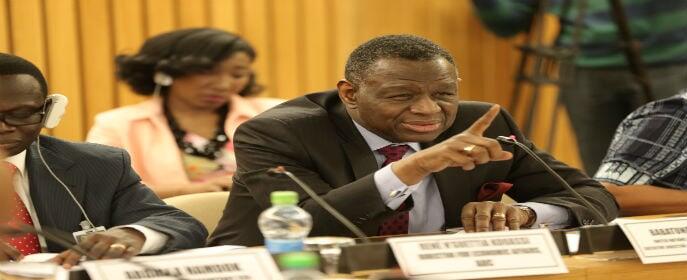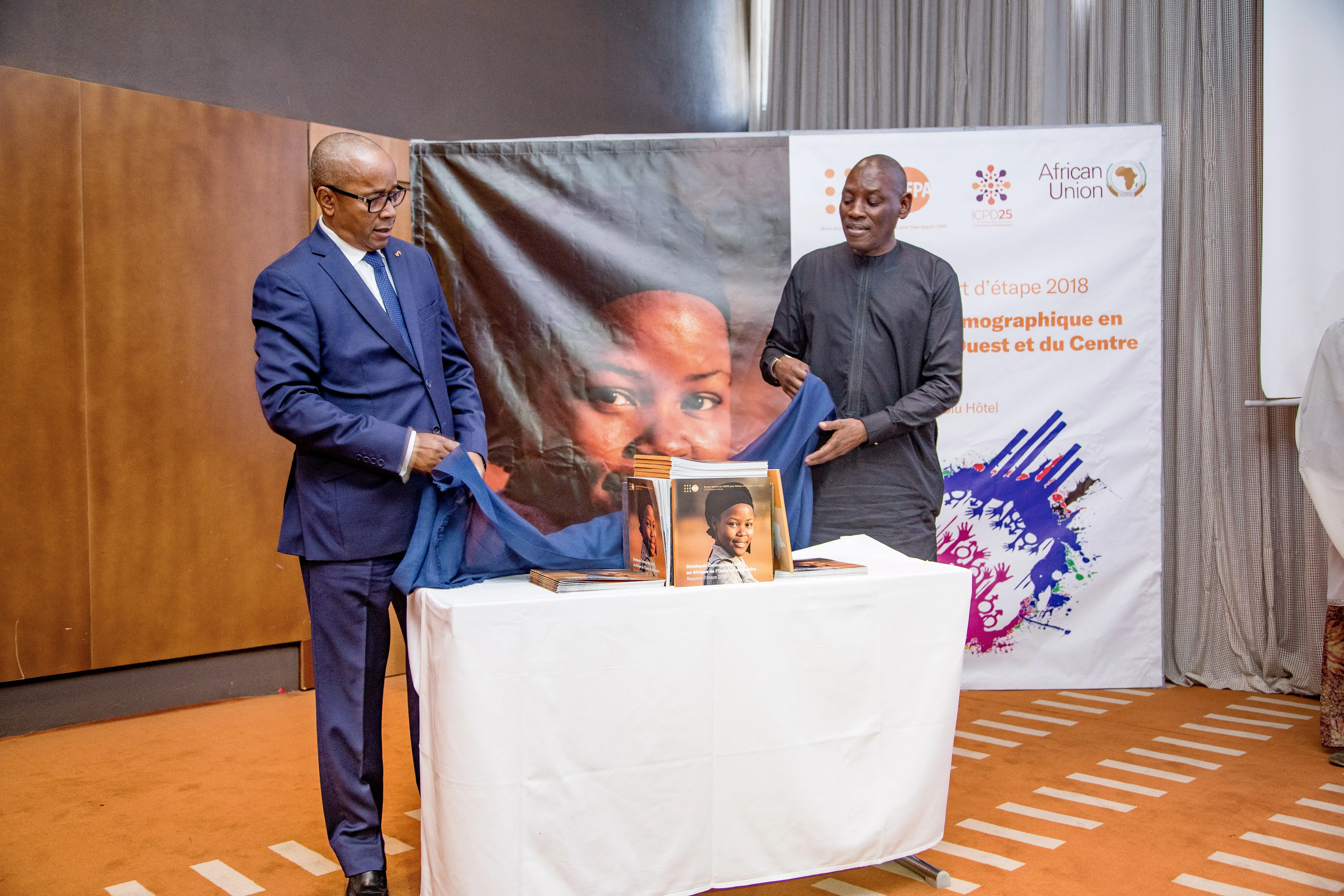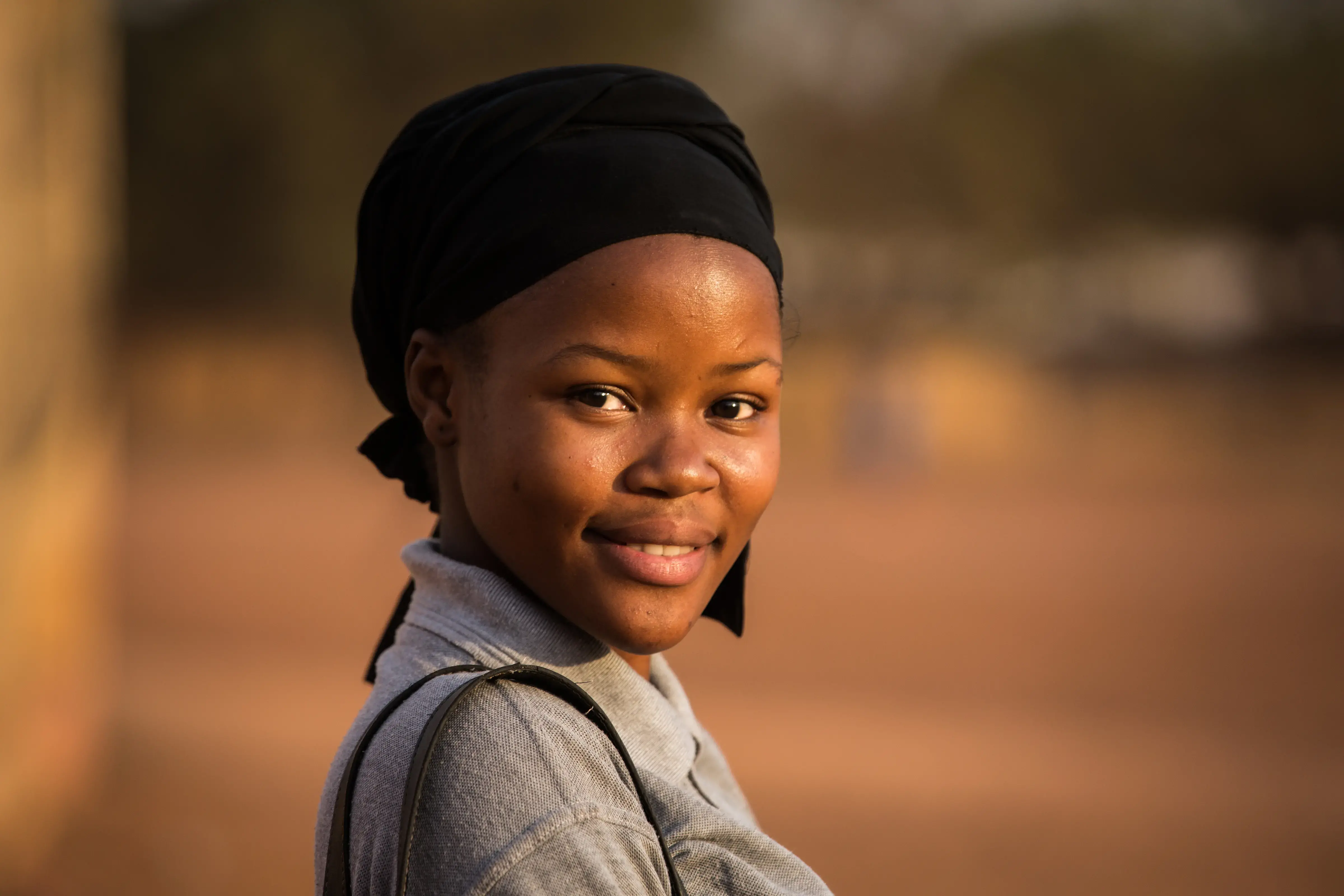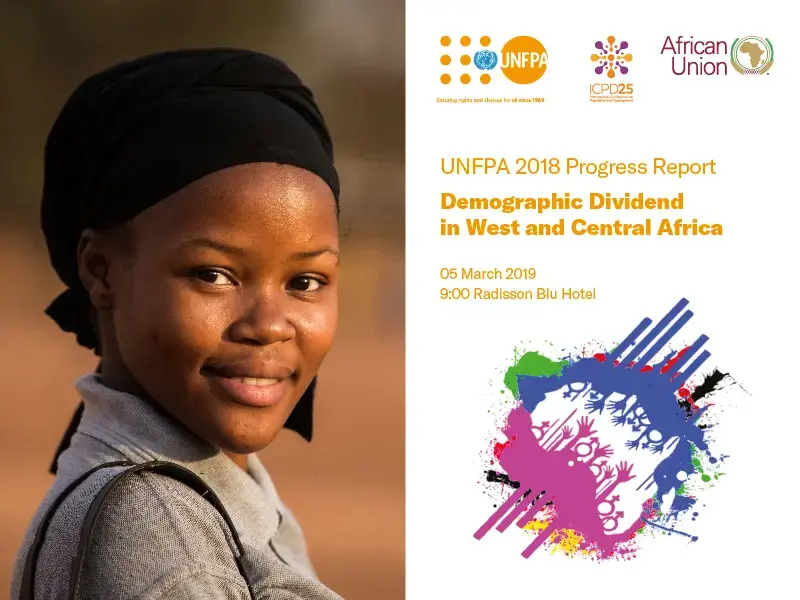Addis Ababa, 29 March 2015.Ministers from Burkina Faso, Chad, Ethiopia, and South Africa who spoke at the half-day High-Level Ministerial Dialogue on Harnessing the Demographic Dividend for Agenda 2063 underscored the need to take concrete and immediate actions to reap the benefits of this historic phenomenon. The Ministers contended that investments on quality education, health, job creation, entrepreneurship skills of young people and empowerment of women and girls are pivotal in taking advantage of the demographic dividend and shaping Africa’s development for the next 50 years as envisioned by the African Union’s Agenda 2063.
“The window of opportunity to harness the demographic dividend is time bound and requires immediate investments,” said UNFPA Executive Director, Dr. Babatunde Osotimehin, in his remarks during the Ministerial Dialogue. He highlighted that critical investments on the youth, especially on adolescent girls, need to be made as regards sexual and reproductive health, quality education, along with investments on infrastructure development and the right governance structure.
Sub-Saharan Africa has the potential to reap an annual dividend of $500 billion for up to 30 years if it implements appropriate public policies and investments before or during demographic transition he added.“It is time to move from commitment to action” Dr. Osotimehin remarked.
The statement made on behalf the Deputy Executive Secretary of the UNECA, Dr. Abdalla Hamdok, indicated that Africa has been experiencing a high economic growth but poverty remains high. The statement mentioned that the continent needed to grow with equity and manage its population and demographic changes along with inclusive and sustainable socio- economic development. “I believe that for Africa to benefit from the demographic dividend, we must take advantage of its population structure and its natural resources endowment to coordinate the expansion of investments in human development and social protection,” the statement said.
Speaking on behalf of Dr. Nkosazana Dlamini Zuma, the Chairperson of the African Union Commission, Dr René Kouassi, Director of Economic Affairs at the AUC, stressed that the vision of Agenda 2063 in building a prosperous and peaceful Africa requires reaping the demographic dividend and exploiting the continent’s human potential.
Africa has a large and rapidly growing population and young people are central to its future. In 32 African countries, more than 40 per cent of their population is under 15 years old.
Professor Eliya Zulu, Executive Director of the African Institute for Development Policy, made a technical presentation that provided key facts and data on the Africa population structure, and highlighted what is required to realize the demographic dividend. He made mention of efforts being made by some African countries to move forward the demographic dividend agenda.
The panellists and participants of the Ministerial Dialogue highlighted in their interventions how the issue of demographic dividend is central to Africa’s development agenda as testified by the call to establish a framework for continental initiative on demographic dividend. This is reaffirmed in the Common African Position on Post-2015 Development Agenda which positions demographic dividend as a critical tool to achieve Africa’s sustainable development. Recognizing the challenges posed by resource constraints in reaping the benefits of the demographic dividend, it was underlined that extra efforts need to be made in mobilizing resources from within by reducing undue dependence on foreign aid and cutting illicit flight of funds from the continent.
The outcome of this High Level Ministerial Dialogue is believed to provide inputs for the upcoming African Heads of State Summit, the International Financing for Development Conference and the high level event on Demographic Dividend to take place at the UN General Assembly in September.
The Dialogue was conducted as part of the on-going Conference of African Ministers of Finance, Planning and Economic Development taking place in Addis Ababa and was jointly organized by UNFPA and the UN Economic Commission for Africa.





